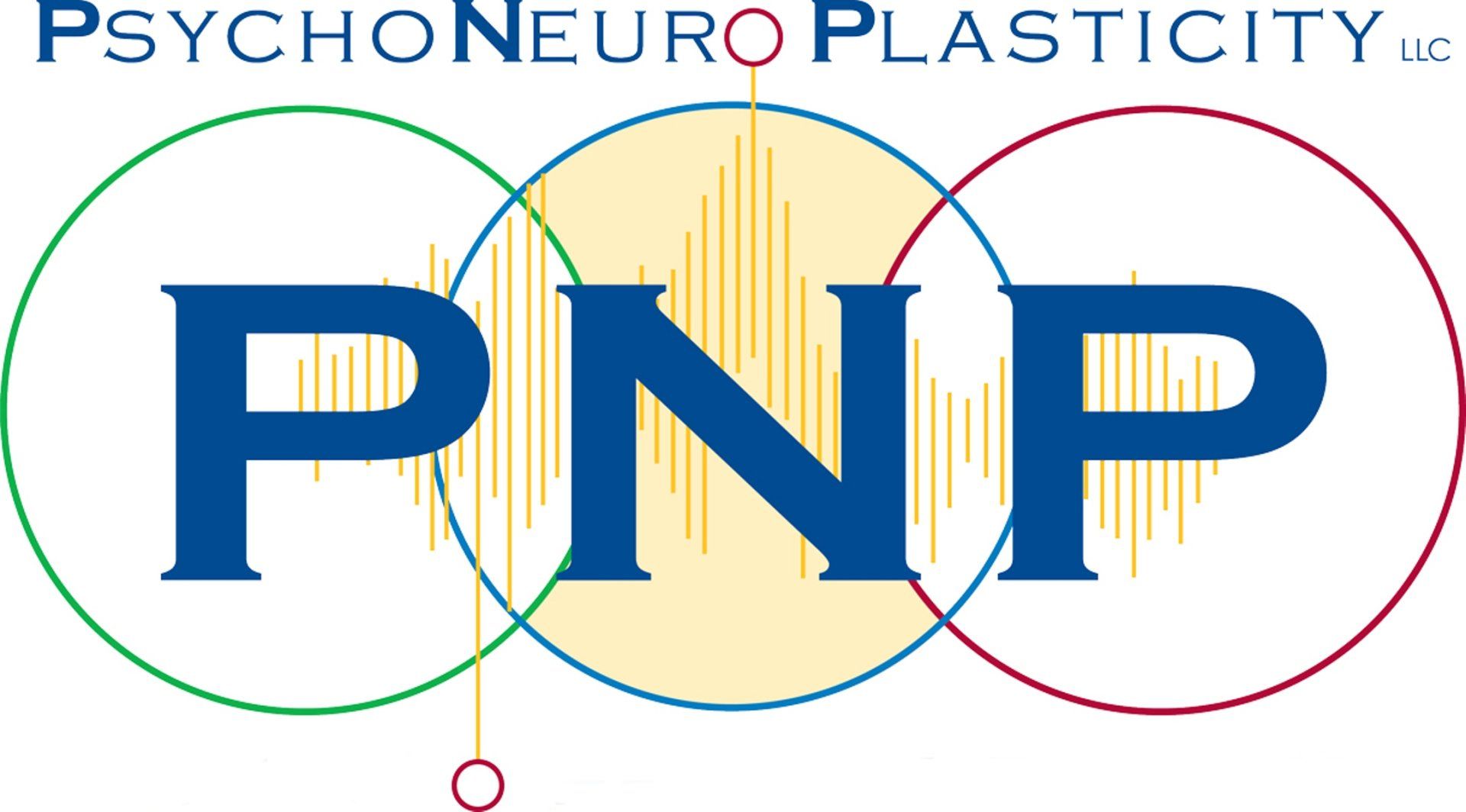Mood Disorders
-
Bipolar
Bipolar disorder is based on both manic and depressive episodes occurring. The depressive episodes may range from minor to major expression of symptoms (see Depression). Mania is either intense mania activity or less intense episodes (see Mania symptoms below). Bipolar events can alternate more slowly between depression and mania or more quickly and this is typically called “rapid cycling”.
THE PRINCIPLE SYMPTOMS OF DEPRESSION ARE:
- Pervasive or continuous sadness, emptiness, or depressed mood.
- Loss of pleasure or interest in daily activities.
- Fatigue or loss of energy nearly every day.
- Increased impairment in normal daily functioning and/or relationships.
- Feeling worthless, guilty, or exaggerated erosion of self-esteem.
- Difficulty concentrating or making decisions.
- Appearance of nonspecific physical complaints.
- Changes in weight including weight gain or weight loss.
- Increased irritability.
- Sleep disturbance: Insomnia or increased sleep activity.
(For more information see "Depression"section)
-
Mania
THE PRINCIPLE SYMPTOMS OF MANIA INCLUDE:
Pronounced and persistent mood of euphoria (elevated or expansive mood) or irritability and at least 3 of the following:
- Feeling of grandiosity
- Elevated self-esteem
- Rapid, pressured speech
- Racing thoughts
- Distractibility
- Decreased need for sleep
- Increase in goal-directed activity or psychomotor agitation
- Behavior that reflects lack of restraint and poor judgment such as buying sprees, giving away money, gambling, sexual indiscretions, etc.
These symptoms are direct features of mania, but they are also symptoms of:
- Brain tumors
- Encephalitis
- Influenza
- Medications
- Metabolic changes
- Cancer
- Multiple sclerosis
- Addison’s disease
- Anemia
- Asthma
- Chronic Fatigue Syndrome
- Chronic infection
- Congestive heart failure
- Cushing’s disease
- Diabetes
- Grief
- Hyperthyroidism/Hypothyroidism
- Infectious Hepatitis
- Malnutrition
- Medications/Drug interactions
- Menstrual dysregulation
- Rheumatoid arthritis
- Lupus
- Toxicity
- Ulcerative colitis
-
PNP Assessment for Bipolar Disorder
Basic Protocol
The basic assessment protocol is used to develop a successful treatment program. This includes:
- Brain functioning is measured with a digital EEG or Quantitative EEG study.
- Biofeedback Psychophysiological Profile assessment measures one’s physiology looking at one's ability to relax, self-calm, and manage stressful situations.
- Stress-Coping abilities
- Attentional abilities
- Psychological functioning
- Family dynamics
- Educational/work styles and demands
- Environmental Toxicity
- Hormonal Balance
- Neurotransmitter Function
- Diet and exercise regimes
- Sleep disturbances
A Comprehensive Treatment Recommendation package is presented to the Individual and relevant family members.


